Litter
We are responsible for the collection of litter from any area of public land within the district. Our Cleansing and Environmental Services Team work to take preventative measures, investigate incidents and the causes of littering, maintain collection facilities and clean up or remove waste.
| Fly-tipping and littering reporting form |
What is litter?
Obvious examples of litter include crisp packets, leftover fast food and fast food wrappers, discarded chewing gum and so forth. According to legal definitions, it can also include small quantities of bagged domestic waste, dog fouling, cigarette butts, syringes and many other items.
Litter comes from a wide variety of sources, ranging from retail shops, takeaway food outlets and the night time economy, to domestic waste that is badly stored, not contained in a wheelie bin or put out for collection at the wrong time.
Why is littering a problem?
Litter is unsightly and if it is not removed an area can quickly look run-down, becoming more unsightly and discouraging others from taking care, starting a spiral of decline. Removal is expensive, as is dealing with the wider consequences of vermin, ill health and disease that can arise.
What can you do about it?
You can help to keep our districts tidy by disposing of your rubbish responsibly, and using the facilities provided. If there are no litter bins in the area, please take your litter home with you.
Littering and the law
The council has a variety of powers to take legal action against landowners and people who cause litter, to help encourage a more responsible approach and prevent the problem.
The Clean Neighbourhoods and Environment Act 2005 strengthened the council's powers by enabling officers to issue Fixed Penalty Notices for littering (currently £150 but £80 if paid within 10 days).
Legal powers available to the council include:
- requiring landowners to clear their land where it has become littered, or where it provides food or harbourage for vermin
- requiring people running fast food businesses to provide litter bins and to clear up litter generated by their business
- issuing Fixed Penalty Notices to people who cause litter (currently £150 but £80 if paid within 10 days)
- prosecuting people who litter (maximum fine £2,500)
- requiring the joint owners of privately owned common courtyards and passageways to clear litter and refuse
Litter and dog waste bins
The council is responsible for emptying hundreds of litter bins in the district. If you think a litter or dog waste bin is needed in your area, you should first contact your town or parish council and they will request a new bin online. This form can also be used to report an issue with a bin being damaged or in the wrong location.
Bins are inspected and refurbished on a regular basis. If you notice a problem with a litter or dog waste bin, you can report a damaged or overflowing bin online.
East Suffolk's Amazing
Help us keep East Suffolk litter free by carrying out litter picks in your local area.
It is recommended that anyone participating in these activities obtains suitable public liability and any other relevant insurance to cover the event.








